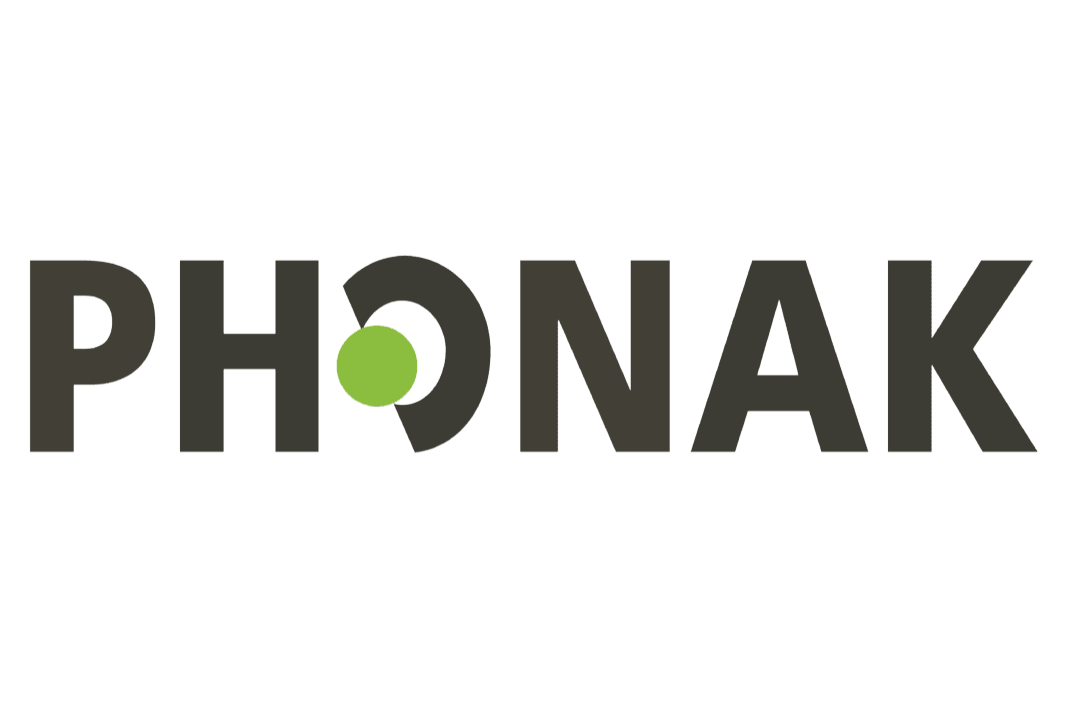(775) 825-6006
How Hearing Loss Affects Communication in Relationships
Communication serves as the foundation of strong relationships. When hearing loss enters the picture, it can change how partners, family members, and friends connect with each other. Understanding these changes and learning ways to adapt can help maintain meaningful relationships despite hearing challenges. Let’s discuss how hearing loss affects communication in relationships and tips to maintain strong connections.
The Invisible Barrier
Many people don’t realize how much their hearing has changed until communication problems begin affecting their daily interactions. This slow progression creates an invisible barrier between people. One partner might feel ignored when they’re simply not heard. The person with hearing loss might withdraw from conversations they can’t fully follow. These misunderstandings can lead to frustration on both sides.
Emotional Impact on Both Sides
Hearing loss affects the ability to exchange information; it can trigger complex emotions for everyone involved. The person experiencing hearing loss might feel embarrassed, frustrated, or isolated. They may avoid social situations where hearing is difficult, leading to further disconnection.
Partners and family members often experience their own sets of emotions. They may feel impatient when repeating themselves, concerned about their loved one’s health, or sad about changes in their relationship. Acknowledging these feelings represents the first step toward handling them constructively.
Communication Breakdown Points
Certain situations make communication particularly challenging for people with hearing loss. Background noise in restaurants or gatherings can overwhelm hearing aids and make conversation nearly impossible. While phone calls remove visual cues that help with understanding, movies and television programs without captions can pose the opposite problem and be frustrating experiences rather than enjoyable activities.
Also, group conversations move quickly, making it challenging to follow who’s speaking. These breakdown points can lead to missed information, misunderstandings, and disconnection if not addressed thoughtfully.
Strategies for Clearer Communication
When communicating with someone who has hearing loss, small adjustments can make a significant difference. Always face the person directly while speaking, as seeing your facial expressions and lip movements helps them understand better. Before starting important conversations, minimize background noise by turning off the television or moving to a quieter location.
Speak clearly at a natural volume rather than shouting, which can distort words and create an uncomfortable atmosphere. If your message isn’t understood, try rephrasing with different words rather than simply repeating the same thing louder. Often, certain sounds or words are easier to hear than others.
Technology Solutions
Hearing aids have evolved remarkably, now featuring background noise reduction and direct connections to phones and TVs. Real-time caption services for calls convert speech to text instantly. Smartphone apps effectively amplify voices or provide visual alerts for important sounds.
Various home adaptations, like doorbell flashers and vibrating alarm clocks, can help maintain independence. While these technological solutions offer significant support, they work best when paired with effective communication strategies and mutual understanding between both parties.
Building New Communication Habits
It’s a good idea to schedule regular check-ins with loved ones to discuss evolving communication needs. Additionally, practice active listening by confirming what you’ve heard rather than pretending to understand. When planning outings, consider hearing challenges by selecting restaurants with good acoustics or quiet parks instead of noisy venues.
During extended conversations, take occasional breaks to prevent listening fatigue, which can make comprehension even more difficult. These thoughtful habits strengthen relationships by demonstrating mutual respect and a willingness to adapt together.
Seeking Professional Support
Seeking professional help together can transform how families, friends, and couples manage hearing loss. Hearing health professionals provide tailored assessments and communication strategies, while counselors address emotional aspects and relationship dynamics. Support groups offer valuable peer connections. Many couples find that joint appointments strengthen their partnership.
Though hearing loss alters communication, it needn’t weaken relationships. With teamwork, patience, and professional guidance, people can maintain strong connections despite these challenges. Contact us to take proactive steps together to preserve your relationship health.
View Our Blog





